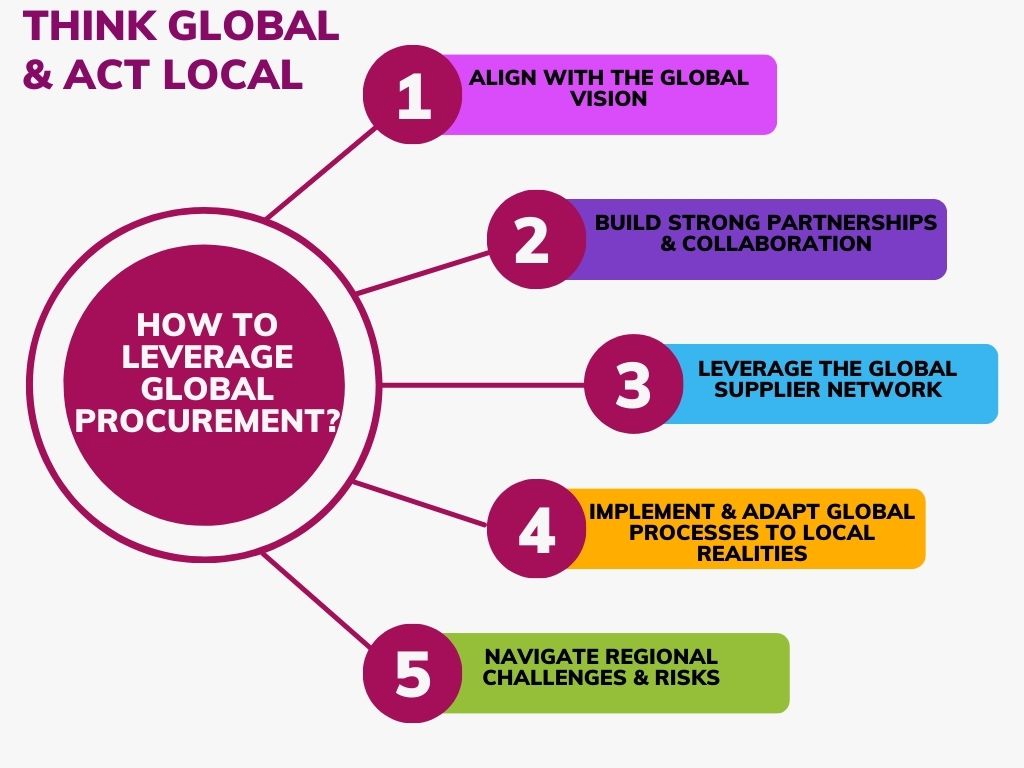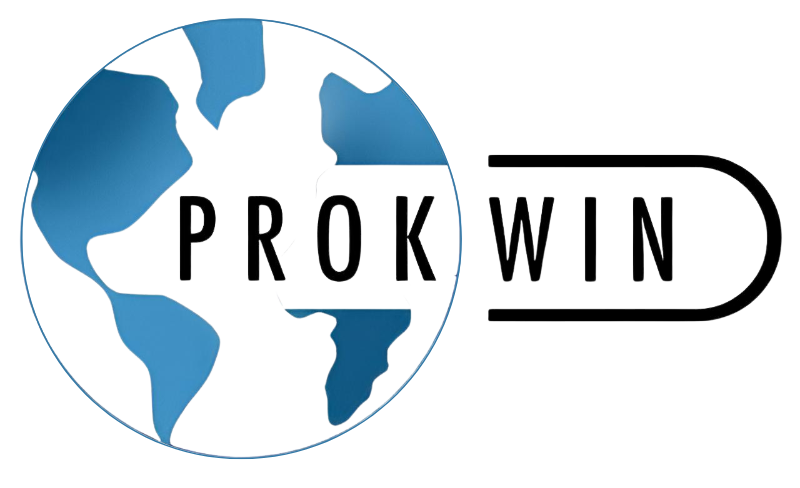I often hear the claim that global procurement is ineffective, merely taking credit for savings while neglecting regional needs. Is this accurate?
In my experience, both global and regional perspectives are crucial for a successful procurement organization. While a top-down approach can be effective, it’s not always ideal. Global teams, without direct operational experience, may overlook the nuances of local markets and specific needs.
Regional teams possess invaluable insights into local market dynamics, cultural nuances, and supplier relationships. By collaborating closely with global procurement, they can provide essential context and ensure that global strategies are adapted to local realities.
For instance, while the desired outcomes from a supplier may be similar across regions, the approaches and tactics used to achieve them can vary significantly. Factors such as market maturity, regulatory environments, and cultural differences can influence negotiation strategies and supplier relationships.
"By recognizing the importance of both global and regional perspectives, procurement organizations can optimize their strategies, drive significant savings, and deliver value to the business"Here are some of my tactics for balancing global and local procurement needs:
Aligning with the Global Vision: To effectively leverage global procurement, regional teams must have a clear understanding of the organization’s overall strategy. the key here is to align the local/ regional needs to global strategy & requirements. For example, a regional team in Europe might prioritize sustainability initiatives, while a team in Asia might focus on cost reduction.
Collaboration & Partnership
- Promoting Collaboration and Knowledge Sharing: A culture of collaboration and knowledge sharing is essential for successful global procurement. By sharing best practices, lessons learned, and innovative ideas, regional teams can drive continuous improvement and optimize performance. For example, a regional team in one region might share insights on supplier performance with teams in other regions, helping to identify potential risks and opportunities.
- Building Strong Global Partnerships: Collaboration is key to successful global procurement. regional teams have the local knowledge and might have different expectation from local leadership. They hence can leverage their expertise on market, prices, suppliers, & operations needs. Global and local team must have regular communication, shared insights, and joint decision-making to streamline processes and optimize outcomes. For instance, a regional team might collaborate with the global team to negotiate a favorable contract with a multinational supplier, benefiting from the global team’s experience and negotiating power.
Leveraging the Global Supplier Network: A global supplier network offers a vast pool of potential partners, each with its unique strengths and capabilities. By tapping into this network, regional teams can identify and engage with suppliers that can meet specific needs, such as specialized products or services, or unique regional requirements. Local teams may also develop new suppliers that have a global potential and competitive prices. For example, a regional team in South America might leverage the global network to source sustainable raw materials from suppliers in other regions. or a team in India, might have a strong supplier to develop and become global. Keep curious as the market changes rapidly especially in developing markets.
Adapting Global Processes to Local Realities: While global procurement processes offer a standardized approach, it’s essential to adapt them to local contexts in procedures, processes, contracts or any templates that is coming from Global team must be adapted to local requirements. Regional teams must consider factors like local regulations, customs procedures, and cultural nuances. By customizing processes and utilizing regional procurement tools, teams can ensure efficient and compliant operations. For instance, a regional team in China might need to adapt the global supplier approval process to comply with local regulations and customs requirements.
Navigating Regional Challenges and Risks: Regional procurement teams must be proactive in identifying and mitigating potential risks, such as currency fluctuations, political instability, or natural disasters. By developing robust contingency plans and staying informed about local market trends, teams can minimize disruptions and ensure business continuity. For example, a regional team in a country prone to natural disasters might establish multiple sourcing options to reduce supply chain vulnerability.

The key to successful teamwork in procurement while in Global, Regional or country level, is to thinking Globally and Acting Locally.

No responses yet